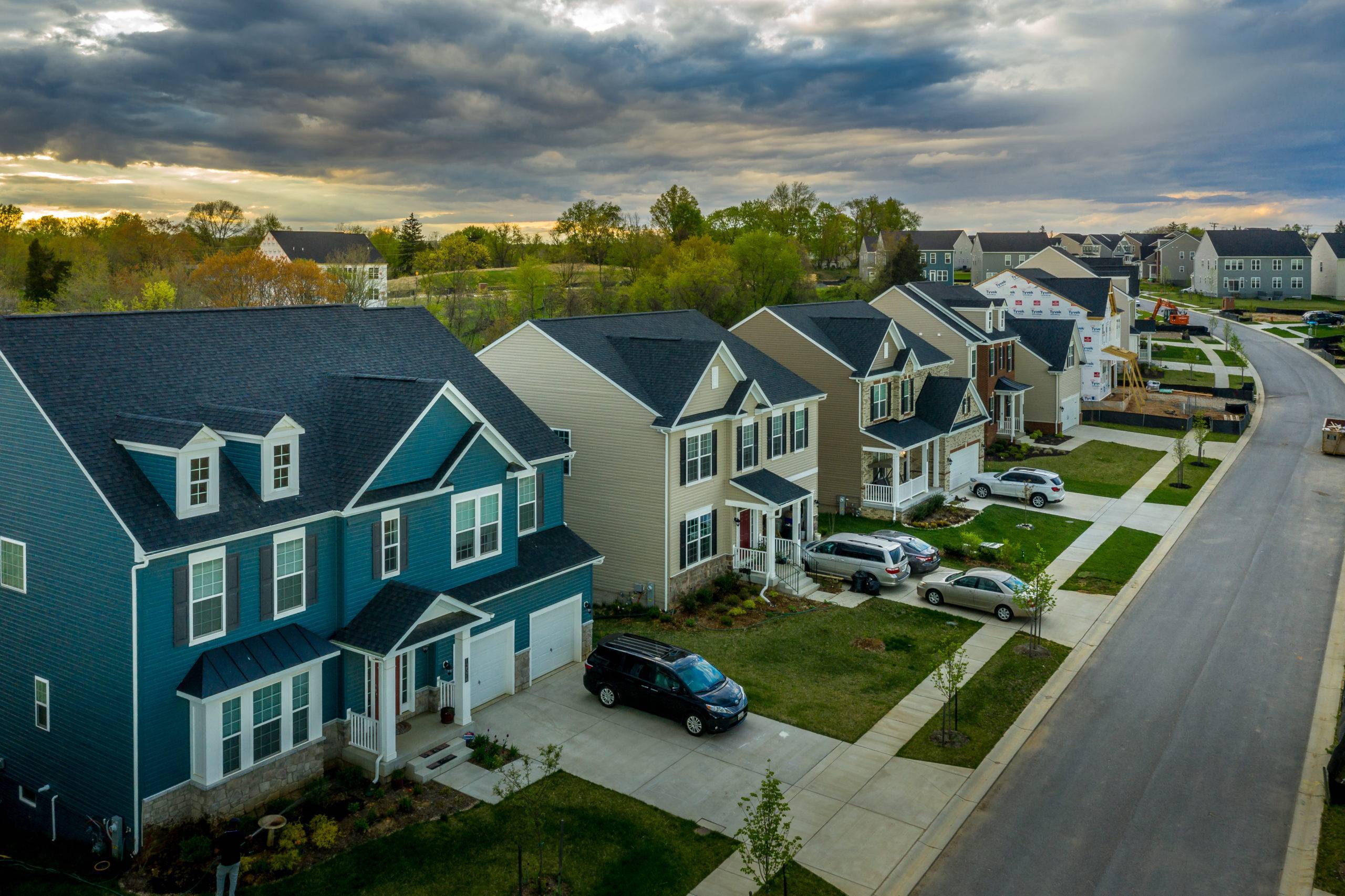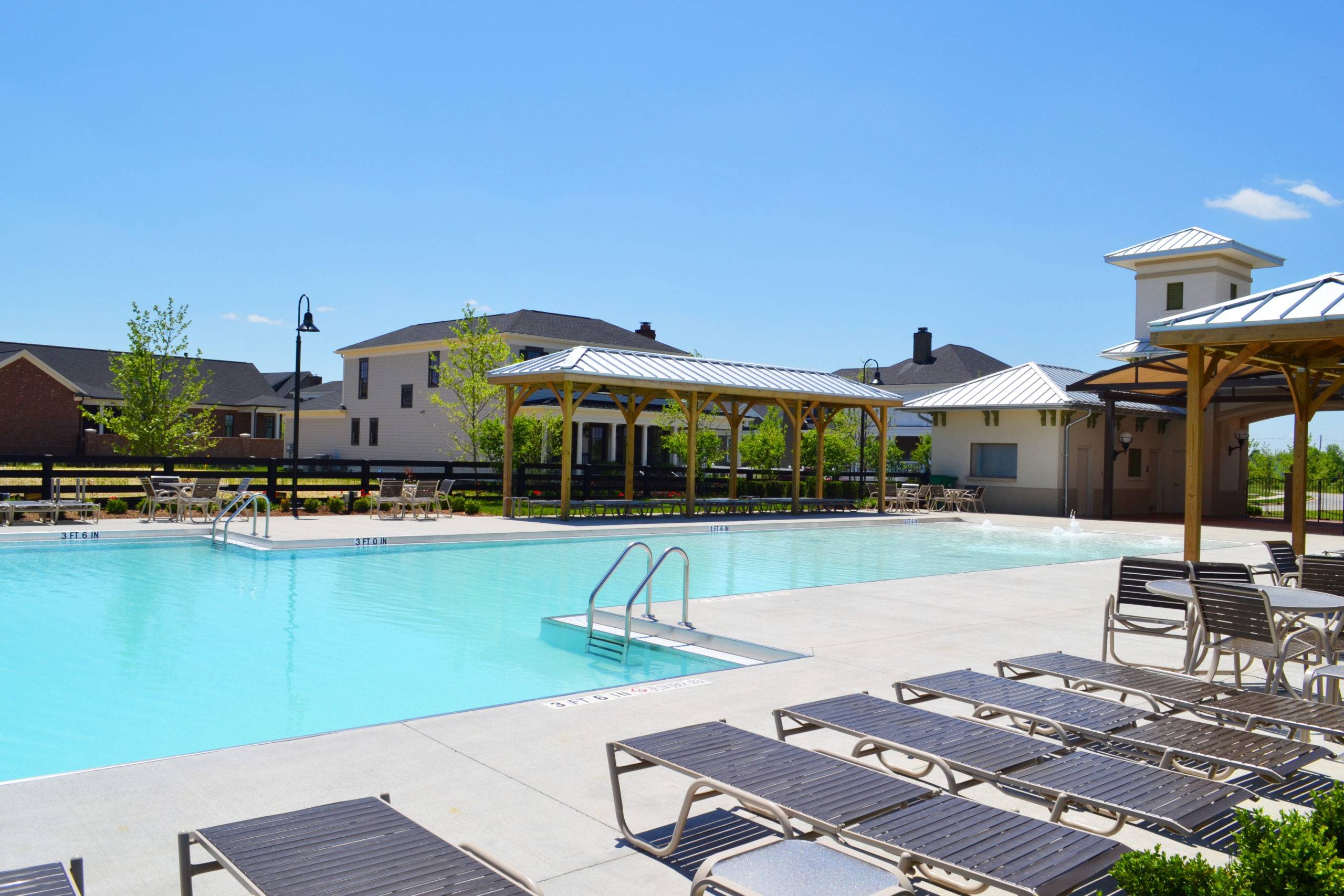Understanding Homeowners’ Associations (HOAs)

Homeowners’ Associations—also known as HOAs or community associations—are governing organizations over neighborhoods and communities. These can include single-family homes, townhouses, condominiums, retirement communities, co-ops, vacation timeshare communities, and other groups of homes in planned communities. Many newly constructed neighborhoods have them because local development planning processes often mandate an HOA when approving a new community. Most HOAs are formed by real estate developers who then turn them over to an association board when construction nears completion. Many prospective home buyers know that HOAs require them to pay fees, but may not have a clear picture of what they are or what they do.
The property owner owns their individual property and shares joint ownership of common areas with other property owners in the community. These shared facilities may include parking lots and garages, streets and sidewalks, laundry facilities, community meeting spaces, dog parks, pools, and clubhouses. The owners of the individual properties pay a monthly, quarterly, or annual fee for the upkeep of the community’s shared facilities. These communities are usually governed by a group of owners. This group acts as a “landlord” to collect dues and maintenance fees needed to maintain the community. Here are a few facts about HOAs:
• 70% of all HOAs are completely managed by volunteers
• 1-in-4 Americans live under an HOA
• As many as 8,000 new HOAs are formed each year
• Over 100 million people occupy housing that is subject to an HOA

The Pros: More Home Value and Activities
1. The Community Associations Institute (CAI) notes that more than 85% of residents are satisfied living under a community association and more than 50% rate their experience as positive. There are several reasons for that; someone else cares for common areas—lawn, landscaping, pest control, HVAC systems, electrical systems, plumbing, lighting, elevators, and security systems, road repair, trash removal, snow removal, cleaning and painting common building interiors and exteriors.
2. Studies have shown that single family homes under HOAs sell for more than similar homes outside of HOAs. The differences tend to be even greater for larger houses and homes in smaller subdivisions. The difference does decline though as a home’s age increases. Part of the reason for this is because of the conformity in a planned community and certain restrictions, such as adherence to a particular exterior paint color theme or specifications regarding exterior lighting finish (brass vs. wrought iron), or roofing material (cedar vs. asphalt)
3. Golf, anyone? If you like recreation and social options, an HOA can be a boon to your lifestyle. Some HOAs include swimming pools, tennis courts, golf courses, playgrounds, and gyms—none of which you have to personally maintain. Some also host social gatherings like block parties, community yard sales, spring cookouts, etc.
4. Though HOA fees vary, the fees sometimes include utilities such as water, sewer, and gas/electricity, trash removal and recycling, cutting down on the number of monthly bills.
5. Say it with me, people…“Conflict resolution!” Loud barking dogs or music playing all night? The HOA can help, as it’s a built-in mediator.
The Cons: Costly Fees and Meticulous Guidelines
1. Ugh…the fees, though. They’re mandatory dues and they can be expensive, depending on the community and what they include. In addition to maintenance and upkeep, these fees pay for employees who work for the HOA, as well as money for a reserve fund, typically used for long term maintenance (say, replacing the roof of the clubhouse), unexpected expenses and emergencies. It’s important to consider these fees in your total budget to buy a house. HOA fees are a cost in addition to your mortgage, property tax, and homeowners’ insurance. They are required even if you don’t use all the amenities. Some associations will even levy a fine if you fail to follow community guidelines, and when it comes time to sell, title usually will not transfer until all dues are current.
2. HOAs have meticulous guidelines, particularly about homes’ exteriors. Most have an approved exterior paint color palette. Other guidelines include where and how to store your garbage, no-no’s such as unkempt conditions (eg. peeling paint, an unmanicured lawn, a dirty driveway or sidewalk), speed limits, picking up after a pet, even a designated mailbox!
3. A lot of rules about a house you own can irritate some folks! Like how many cars you can park in your driveway, how tall your grass can grow, the types of window coverings that face the street, exterior paint colors, the number of pets you have, and how much they can weigh. Those guidelines and rules help with the overall property values, but residents can often chafe at them. In fact, one of the top reasons residents sue HOAs is because the HOA denied the homeowner’s architectural idea.
4. Like any governing body, an HOA can be professional and efficient, or it can mismanage the community or misspend money. If an HOA lacks money in its reserves for emergencies or is in financial trouble, it can authorize a special assessment (an additional fee homeowners are required to pay) to cover certain projects or an increase to monthly dues.

Not Sure if an HOA is Right for You?
Read the fine print. If a home in a planned community appeals to you, make sure you ask for the HOA’s declaration or master deed. In Virginia, real estate law provides for a 3-day “Right to Rescind” your offer if the HOA rules include something you can’t live with. Your realtor will discuss this with you but, if they don’t, be sure to bring it up. Review the docs carefully and ask for answers to standard questions, such as the HOA’s financial status and whether the home you like has any outstanding debt to the association. These disclosures should tell you how often the HOA has increased dues and assessments—and how often it’s allowed to do so. Always ask for a copy of the guidelines if the HOA doesn’t have them posted online—and look at the community with a careful eye. Talk to residents who live there about their opinion of the HOA management.
Finally, review your budget, your lifestyle, and your personal preferences for detail and the tradeoffs you’ll have to make. Just sayin’ though, that pool can be one heck of a trade-off!







